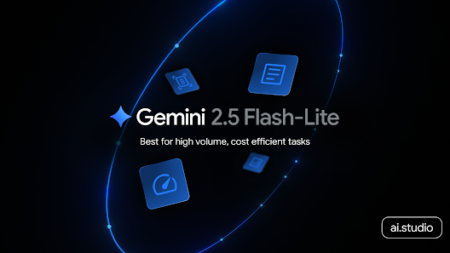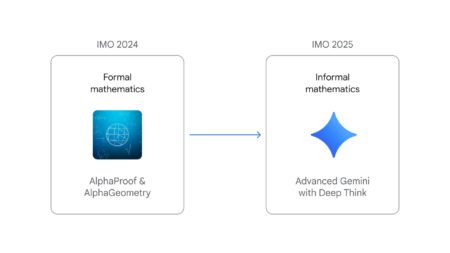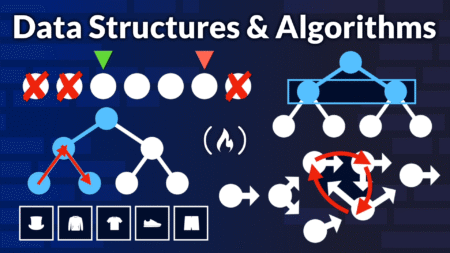CVE ID : CVE-2025-8058
Published : July 23, 2025, 8:15 p.m. | 2 hours, 50 minutes ago
Description : The regcomp function in the GNU C library version from 2.4 to 2.41 is
subject to a double free if some previous allocation fails. It can be
accomplished either by a malloc failure or by using an interposed malloc
that injects random malloc failures. The double free can allow buffer
manipulation depending of how the regex is constructed. This issue
affects all architectures and ABIs supported by the GNU C library.
Severity: 0.0 | NA
Visit the link for more details, such as CVSS details, affected products, timeline, and more…









